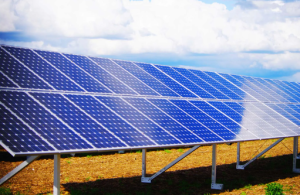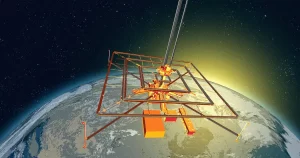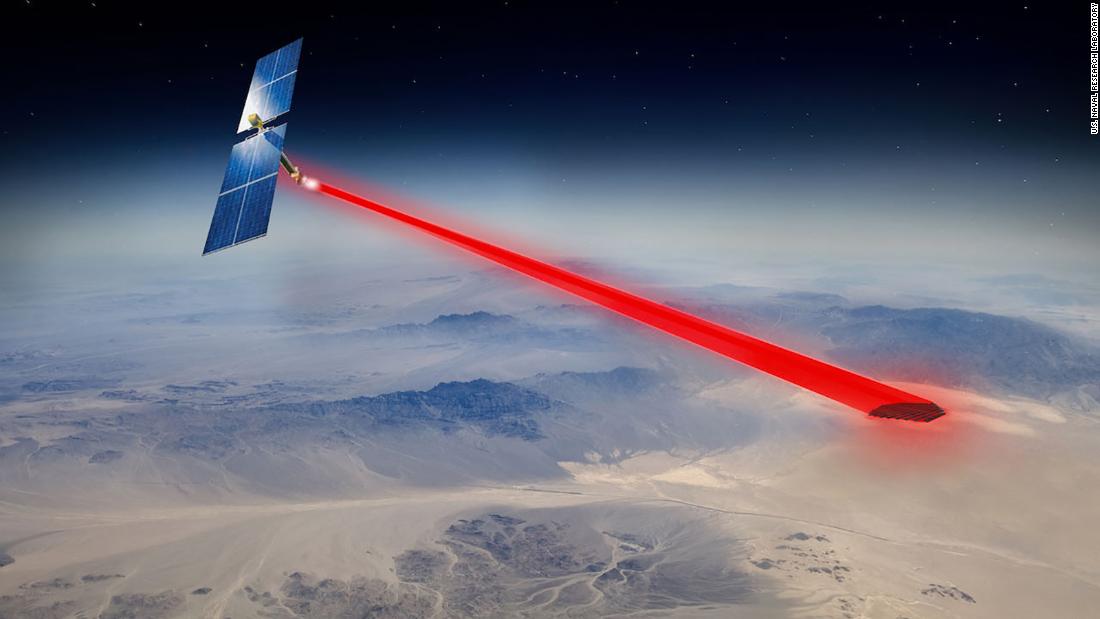Solar energy is a very important means of generating power safely and in an environmentally friendly way. Solar panels, which gained popularity around the 2000s, can be praised as a scientific lifesaver both in terms of simplicity and a zero carbon footprint.
With all the praise, there is a slight issue with current solar panel designs being massively inefficient. It is estimated that one solar panel can only collect 20% of the sun’s usable energy.

This is because of many reasons, but above all is the fact that solar panels are too far away from the sun. Thus, a significant amount of energy is lost during the journey from space to ground-based solar panels. Scientists have proposed a solution to this issue by proposing that orbit-based solar panel constellations be created.
So much more of the energy will be collected because the light will not have to go through the earth’s atmosphere, which is known for filtering rays of light. Until June 2023, scientists did not have a means of transferring energy from space to Earth; they only had a way of collecting the energy from space. Therefore, the rest of the process was not possible.

Until June 12th of 2023, when a new technology was successfully tested known by the acronym MAPLE (Microwave Array for Power-transfer Low-orbit Experiment). The system was composed of a slew of sensors, microchips, and most importantly a fuel cell and energy transfer module. The transfer module consisted of a foldable solar panel array. The system then used a laser to beam back the collected energy to be received on the ground by ground receivers.
The result of this test was confirmation that orbital-based solar energy transfers could prove to be the solution to the world’s energy needs. The system has many benefits including cutting the cost of solar energy and increasing the efficiency of solar energy collection because the system receivers are located above the clouds so they will continue to function night or day rain or shine.
This test was proof that more efficient ways of energy production do exist, which is an important factor in humanity’s quest to go green. Imagine we can develop 100% efficient solar panels, that would be a dream goal but the success of MAPLE proves we are on our way to the goal of 100 percent efficiency which is extraordinary.






































